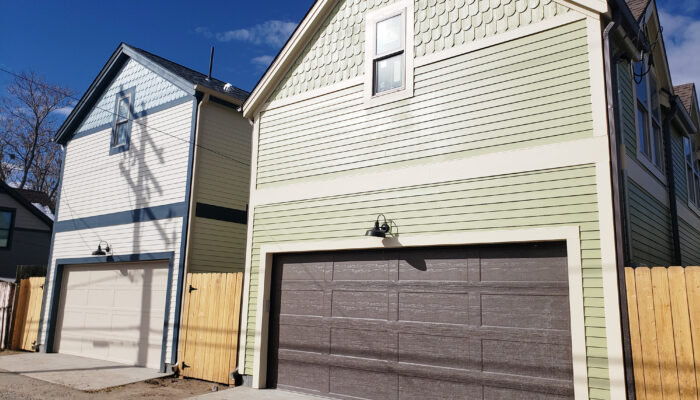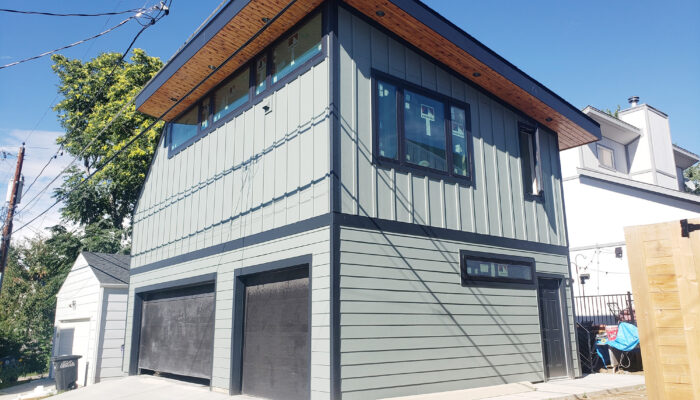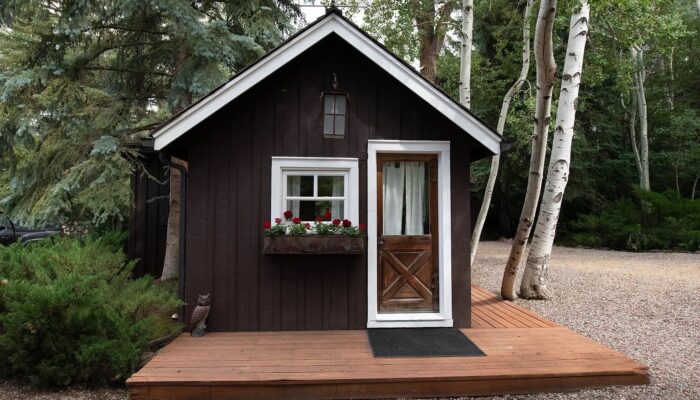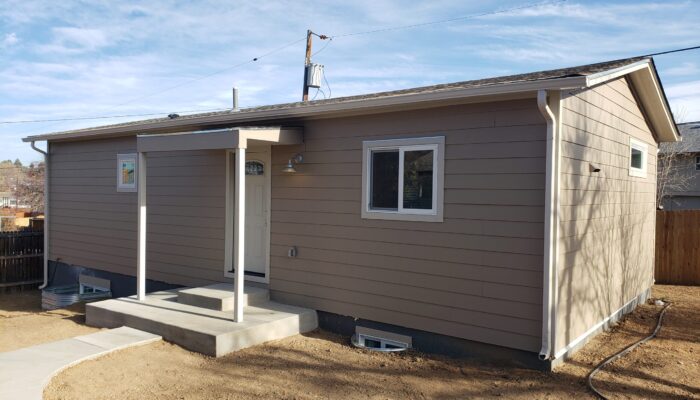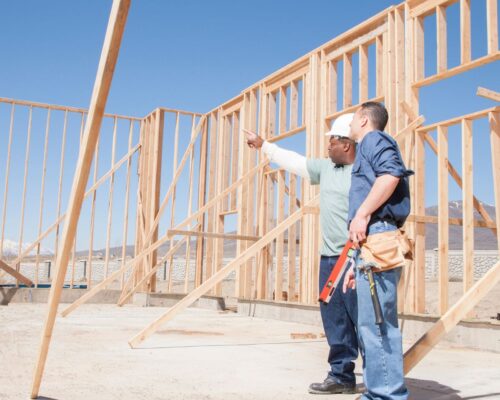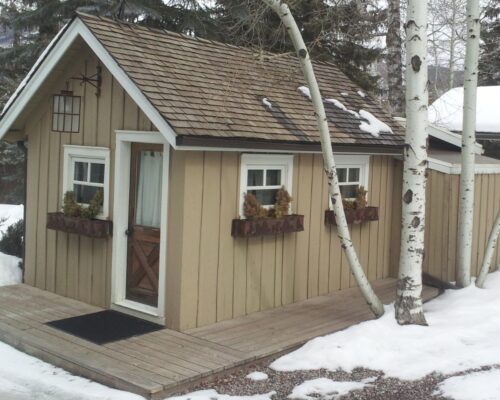FREQUENTLY ASKED QUESTIONS
We’ve fielded quite a few frequently asked questions about ADUs. Here’s a short list of some of the most frequently asked questions.
What can be considered an accessory dwelling unit?
There are over 50 different synonyms for Accessory Dwelling Units. An accessory unit is a secondary unit on a property that already has a primary residential unit.
Does an ADU need to have a kitchen?
Yes, to be considered an Accessory Dwelling Unit, a unit must have a kitchen located in the area. A kitchen is one of the defining features needed for an ADU to differentiate itself from another living space.
Is a permit needed in order to build an ADU?
Yes, you will need a permit from your local building department whenever you want to build on or modify your property.
Is it legal to build an in-law suite or small house in the backyard?
Depending on where you live, it can be legal or illegal to build a habitable living space in the backyard. Whether the living space in your backyard can be classified as a house is something else. This classification would depend on your local zoning laws. In many cases, building an ADU will be permissible as long as you obtain the required permits.
If it’s not permissible in your area, you can consider alternatives such as having a guest house or a detached office. Making a home addition to add an extra bedroom with a bathroom could also be allowed.
Does a guest house or in-law suite add value to my property?
Yes, a guest house or in-law suite will add value to your property. The next question, of course, is natural: “How much value would it add?” It is impossible to provide a general answer to this question as many different factors need to be considered. If you would like a specific idea of how much value would be added with the addition of an ADU, you should contact professional appraisers who can look for sales comparisons on which to base their appraisals. They can then come up with a value estimate for you.
What is designated an illegal apartment?
An illegal apartment is an Accessory Dwelling Unit built without a permit or an informal Accessory Dwelling Unit. This happens when someone builds an additional housing unit on their property that has not been permitted or has not had its inspections.
However, there are many subtleties here. For example, was the interior finished habitable living space permitted? Was the additional structure permitted? Was just an oven and kitchen sink that did not get permitted?
These subtleties are vital to understanding precisely how significant the building code and zoning violations are and how to fix them.
Have any questions about planning for an Accessory Dwelling Unit (ADU)? We’re happy to help. We are just a phone call away so don’t hesitate to contact us for your free consultation today!

